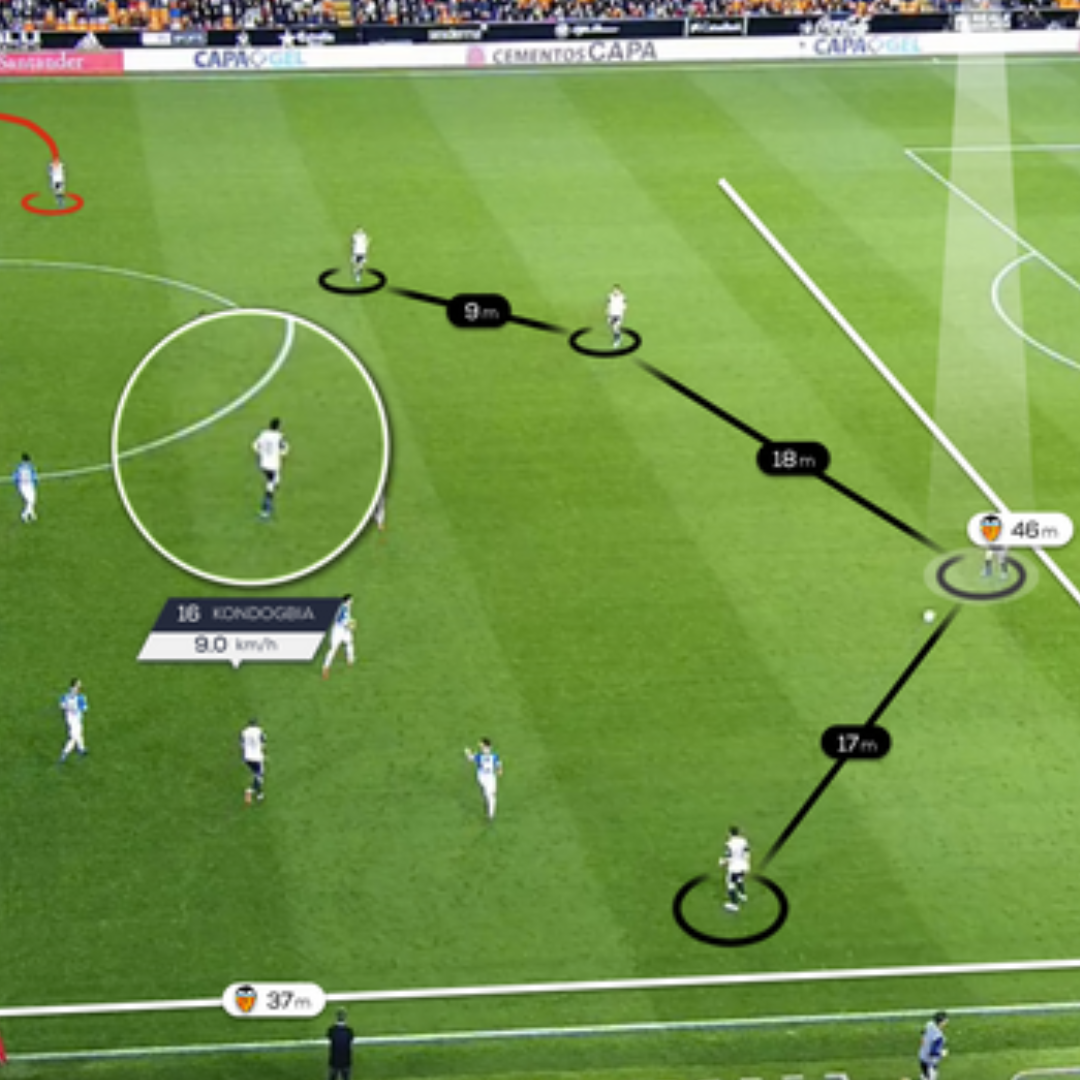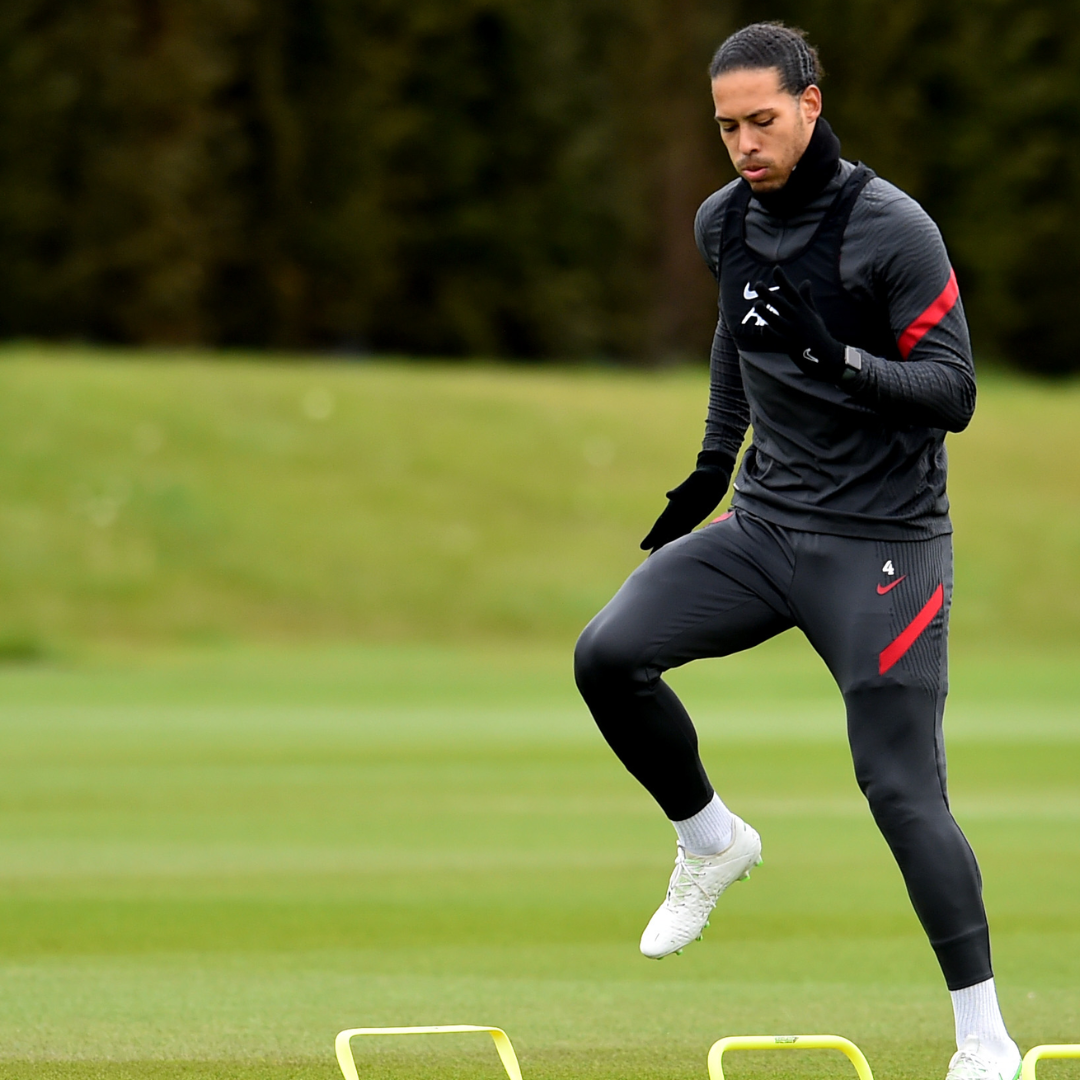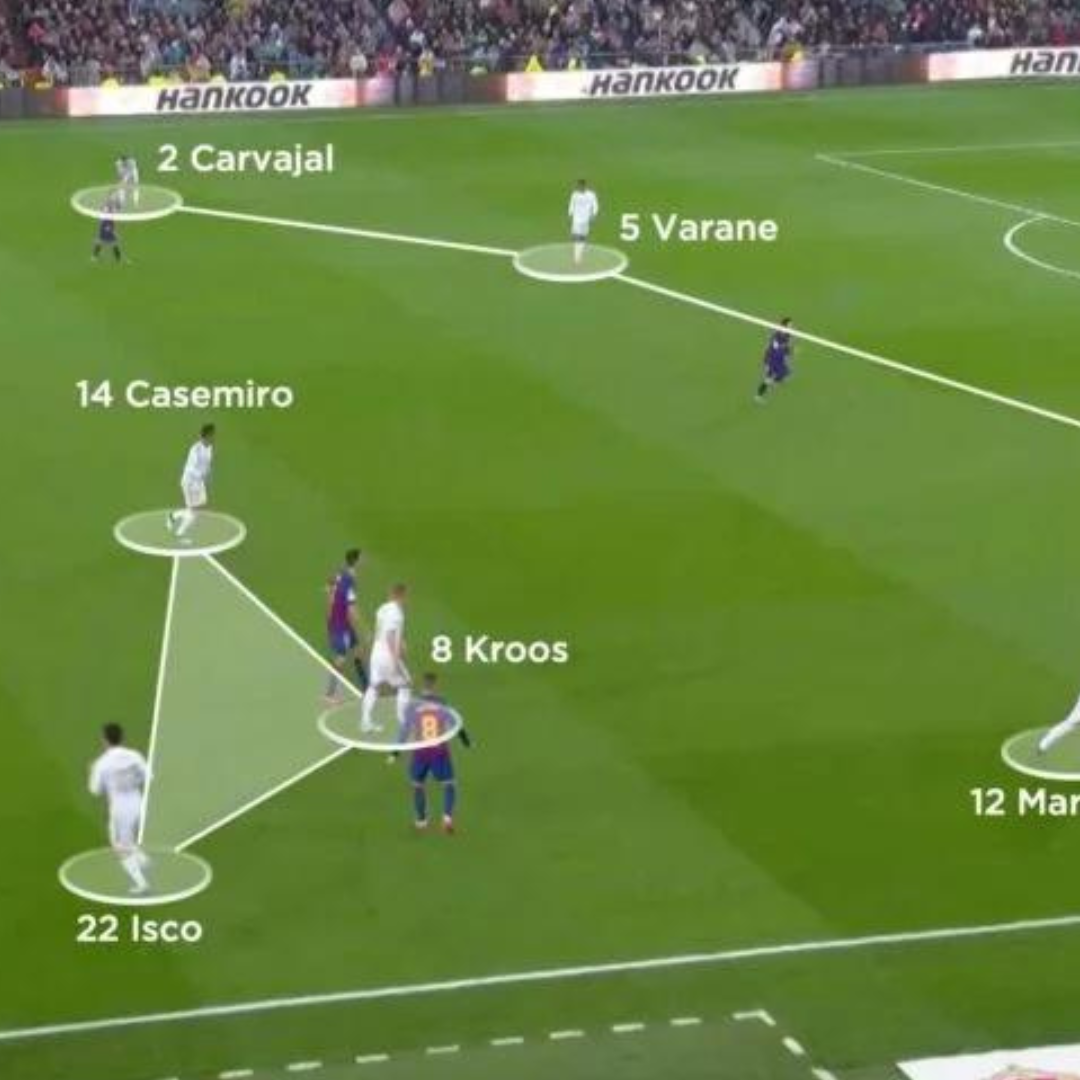How To Analyse Your Own Match Performance

Whether your team has smashed their opposition or has suffered a terrible defeat, it is important for individual players to look back at their own performance – analysing their strengths and their areas of development. This is important as it allows players to consistently look for ways to improve and become better all-round athletes. But what is the best way to analyse your own match performance? Let’s take a closer look.
Take a Logical Approach to Analysing Your Performance
When looking back at your performance in a match, it is important to break this into sections – rather than looking at your performance as a whole. This will allow you to better identify where you need to improve. These sections may include power, speed, flexibility, accurate passing, communication with teammates, specific skills that you have been practising or your mental attitude throughout the match.
An easy way to evaluate your progress on each of the areas that you decide to look at is by ranking yourself on a scale of 1-10, with 10 being the best, and 1 being the worst. It is important to be as honest as possible with yourself at this stage. If you want an even more honest assessment, perhaps ask your coach or teammate who was on the sidelines to complete the same scale, and compare the results. This will allow you to see your performance through the eyes of someone who had a full view of the pitch and a better overview of the game. This rating will give you a good idea of your strengths and weaknesses.
What To Do With this Information?
Once you have completed this self-assessment task and taken a look at the feedback from others around you, you can use this information to inform the next steps in your training. Split the factors that you have identified into areas of strength and areas of development and use this to inform your future training and workouts. Take a look at how to use your strengths and areas of development below:
Areas of Strength
Once you have managed to identify what you did well, it is important to not ignore these aspects of your performance, believing that you are perfect in these areas. Make sure that you are continually practising these skills to keep them at the level of high performance that you identified. If you do not work on these, you may find these areas move into your areas of development on future performances.
Areas of Development
The areas that you have scored the lowest on your evaluation scale are your areas of development where you need to work harder. Once you have the knowledge of what these areas are, it is important to build ways to improve these into your training routine. Your coach can build exercises or drills into your training practice to help you improve in these areas, with the goal of increasing your self-evaluation scores in the next match. Continually completing these self-assessment tasks should mean that you see a great improvement over time.



